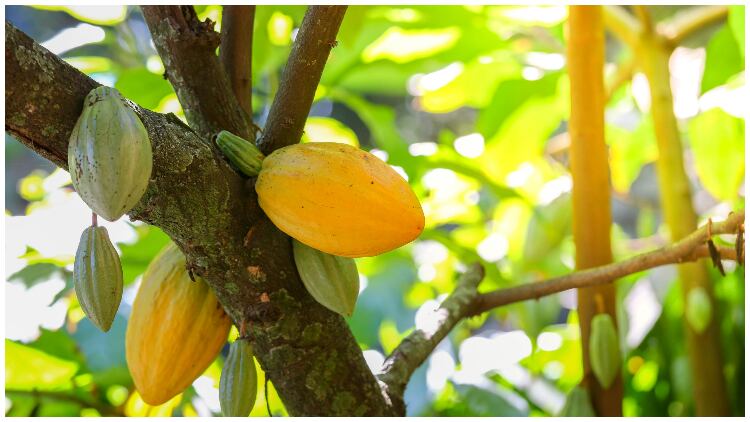Latest guidelines from the health agency advised against the use of NSS to control body weight or reduce the risk of non-communicable diseases.
Findings of a systematic review of the available evidence suggested the use of NSS did not confer any long-term benefit in reducing body fat in adults or children and that there may be potential undesirable effects from their long-term use – including increased risk of type 2 diabetes, cardiovascular diseases and mortality in adults.
Francesco Branca, WHO director for Nutrition and Food Safety said: "Replacing free sugars with NSS does not help with weight control in the long term. People need to consider other ways to reduce free sugars intake, such as consuming food with naturally occurring sugars, like fruit, or unsweetened food and beverage.
Reducing sweetness
“NSS are not essential dietary factors and have no nutritional value. People should reduce the sweetness of the diet altogether, starting early in life, to improve their health.”
Branca’s comments echoed similar calls to reduce the amount of sweetness in our diets made by Action on Sugar campaign lead Dr Kawther Hashem at last month’s Ingredients Show, co-located with Foodex.
Dash Water co-founder Jack Scott said the announcement was a stark reminder of the need to seek out natural and healthy alternatives to sugar that don’t pose a risk to human health.
“At Dash, we are on a mission to challenge the narrative around artificial sweeteners being a consequence-free sugar substitute,” he continued. “We are passionate about making fruit-infused sparkling water that contains no sugar or sweetener whilst still creating a delicious soft drink.
“We are hopeful that this research will help educate and raise awareness of the dangers associated with sweeteners and inspire more people to make the switch to natural alternatives."
‘Conditional’ recommendation
British Nutrition Foundation nutrition communications manager Bridget Benelam noted that the recommendation was classed as ‘conditional’ as opposed to ‘strong’ due to uncertainty over the balance of risk versus benefits of non-sugar sweeteners, and it was based on evidence that WHO classified as ‘low certainty’ overall.
“While it is certainly desirable that people make significant changes to their diets to reduce free sugars, we know that it is very challenging to make this happen in practice,” Benelam added. “A lot of work has been done in the UK, particularly with drinks, to replace some or all sugars with non-sugar sweeteners in an effort to nudge people towards lower free sugars intakes.
“This can be part a range of different policy actions to encourage lower intakes of free sugars. Considering the conditional nature of the recommendation and the fact that all the sweeteners in our food supply have been rigorously tested for safety, it seems sensible to continue to make use of all the tools at our disposal to improve people’s diets.”





